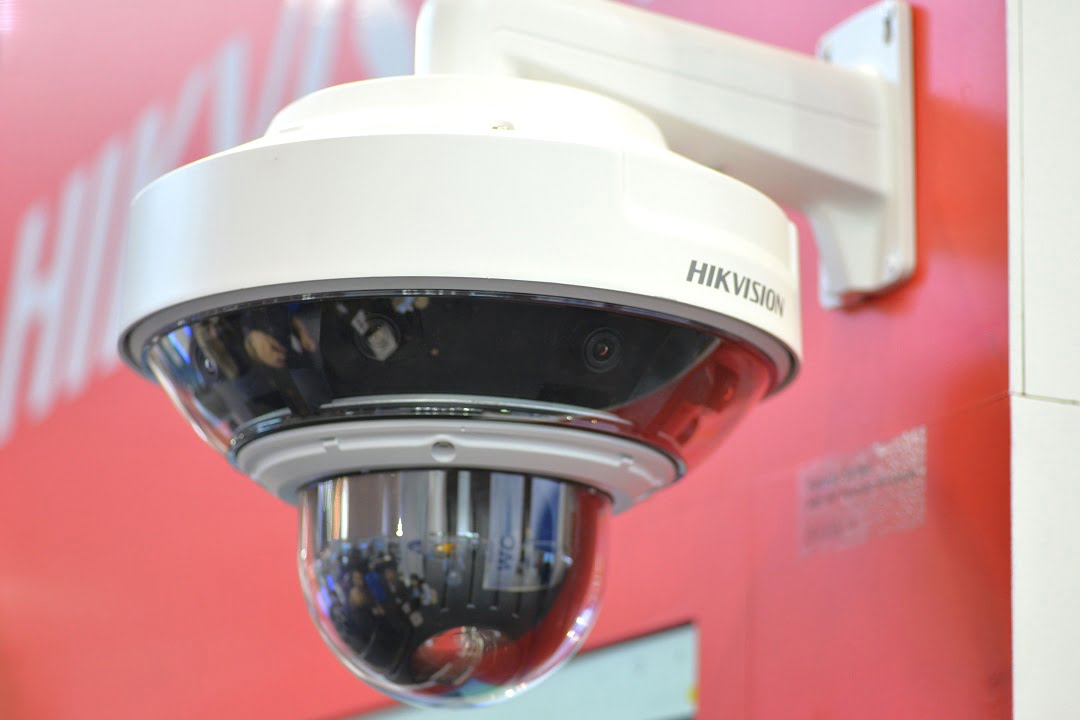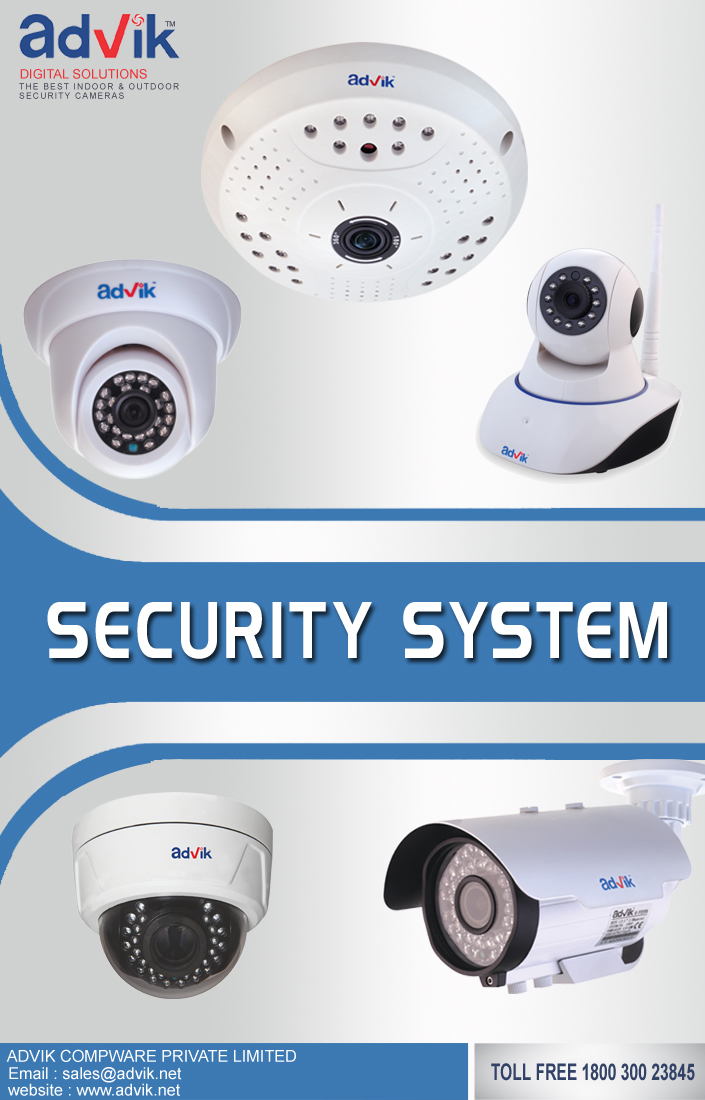

If you need to transmit the video signal from security cameras between buildings over WIFI, here are a few example installations that work. This is why the wireless bridge is placed inside the house in the above example and cable is run to the camera outside. So, while they can pass through drywall pretty well, they can not pass through brick, stucco, and dense wood. This does not work reliably because 2.4Ghz and 5 Ghz WIFI signals can not pass through solid structures well.
BEST SURVEILLANCE CAMERA SYSTEM 2016 INSTALL
Here is an important point! Many people assume that you can install a wireless camera outside of a building and it will connect to a wireless access point inside a building.

If the building has multiple floors and the floors are made of concrete, this setup will not work well. WIFI can travel through drywall very well. The cameras and access point can all be in separate rooms.This system can also be built with a single device / combination wireless access point / router.The admin can remotely access the NVR and all cameras using mobile and desktop apps provided by the NVR software, if the network router is also connected to an Internet source.The NVR can record video from the 4 IP cameras (more can be added if supported by the NVR).A network video recorder (NVR) is connected to the router using CAT-5 cable.In this case, we used the Zavio F3115 infrared wireless camera. 4 wireless IP cameras connect to the wireless access point over WIFI.This problem of wireless network congestion can usually be solved by selecting a channel within the 2.4Ghz range that is not so congested. If you are in an area with a lot of other wireless devices, such as an apartment building, 2.4Ghz can be challenging. However, because the 2.4Ghz standards have been around longer, there can be interference from other devices that also use 2.4Ghz.

The 2.4 Ghz wireless frequency is able to travel through walls better than 5 Ghz. There is upside and downside to each of these. Many wireless routers / access points are dual band, which means that they can use 2.4Ghz and / or 5Ghz wireless frequencies. Obviously, if you are installing a system in a huge building or multiple floors, you will need more than one WIFI access point. When I use the term “indoor wireless camera system”, I am referring to a system where the wireless access point / antenna and all of the wireless IP cameras are inside the same building and all IP cameras are within a reasonable distance from the access point. Indoor video surveillance systems can work reliably using wireless IP cameras. I will also discuss what does work well in our experience and what does not when it comes to wireless. In this article, I will explain some of the challenges customers should be aware of when considering wireless security cameras.
BEST SURVEILLANCE CAMERA SYSTEM 2016 PROFESSIONAL
And by the way, the cameras still require a power source, so most professional IP cameras are not truly wireless anyway. While it may seem as if wireless is the best solution because running coax cable or cat-5 cable seems impossible, in most cases creating a wireless network for security cameras is more challenging than running cable for a hard wired solution. Unfortunately, most of the customers that are searching for a wireless video surveillance system are under the false impression that wireless makes installation easier. What is best wireless security camera system? At CCTV Camera Pros, our sales and support engineers are regularly asked this question by homeowners and business owners that are shopping for a video surveillance system.


 0 kommentar(er)
0 kommentar(er)
